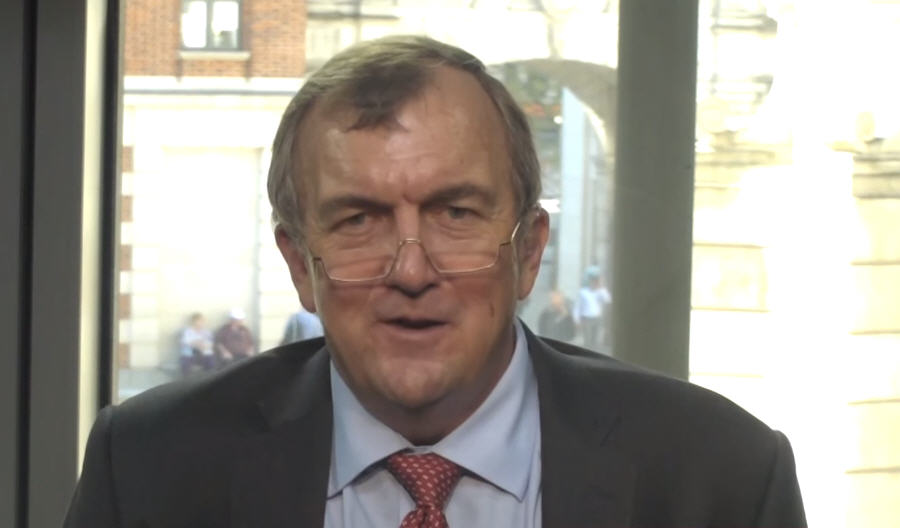Miners including Glencore Plc and Randgold have asked the government to dial back aspects of the legislation approved by President Joseph Kabila in March. They argue the new code will drive investors away from Congo — the world’s top cobalt producer and a key source of copper — as it breaches titleholders’ rights, increases metal royalty payments and introduces new taxes.
“On the critical issues we were given assurances by the president. There’s no reason to believe he won’t be good to his word,” Chief Executive Officer Mark Bristow said in an interview in London. “We’re confident there will be a solution. If not, we will continue to engage.”
Seven mining companies submitted a proposal to the Mines Ministry in late March insisting that the government reinsert a stability clause, contained in the 2002 code, which protected license holders from complying with changes to the fiscal and customs regime for 10 years. They also asked for the removal of a 50 percent tax on so-called super-profits and a new categorization of “strategic substances,” which have a 10 percent royalty rate.
The miners also suggested the government introduce sliding royalty rates on copper, cobalt and gold, which they said will generate more revenue for the country than the super-profit tax when commodity prices are high.
“We’ve been here before,” said Bristow. “Eventually logic prevails.”
The mining code negotiations have added to a difficult start to the year for Randgold, one of Africa’s biggest gold producers. A labor dispute at its Tongon mine in Ivory Coast saw the company’s first-quarter gold output fall 11 percent from a year earlier, while profit declined 18 percent to $57.5 million. Still, Randgold said it could make up the lost production and hit its full-year target of 1.3 million to 1.35 million ounces.

Randgold fell as much as 9 percent in London, the most since 2016, and is down 23 percent this year.
“The challenges continue to mount for Randgold,” RBC Capital Markets said in a note. “Although there is nothing in this quarter that provides a critical blow to the company by any means, it will be a stretch for the company to meet its annual guidance now.”
(Written by Thomas Biesheuvel)





Comments